Hill Bros selects Orbcomm’s integrated dry, refrigerated monitoring solutions
Orbcomm Inc., a provider of Internet of Things (IoT) solutions, announced that it has been selected by Hill Brothers, Inc. (Hill Bros), a trucking and logistics service in the Midwest, to provide its integrated dry and refrigerated trailer monitoring solutions for fleet-wide management. Orbcomm’s comprehensive solutions provide wireless connectivity through its hardware and a single, unified cloud-based analytics

Morgan Truck Body shows off electrified truck refrigerated concept body
Morgan Truck Body has unveiled its latest body innovations with the introduction of an electrified refrigerated concept truck body. Mounted on a Lion Electric Lion 6 chassis and utilizing a Thermo King all-electric refrigerated unit, the 24-foot truck body is constructed with materials that are designed to maximize thermal efficiency and lighten the load, and
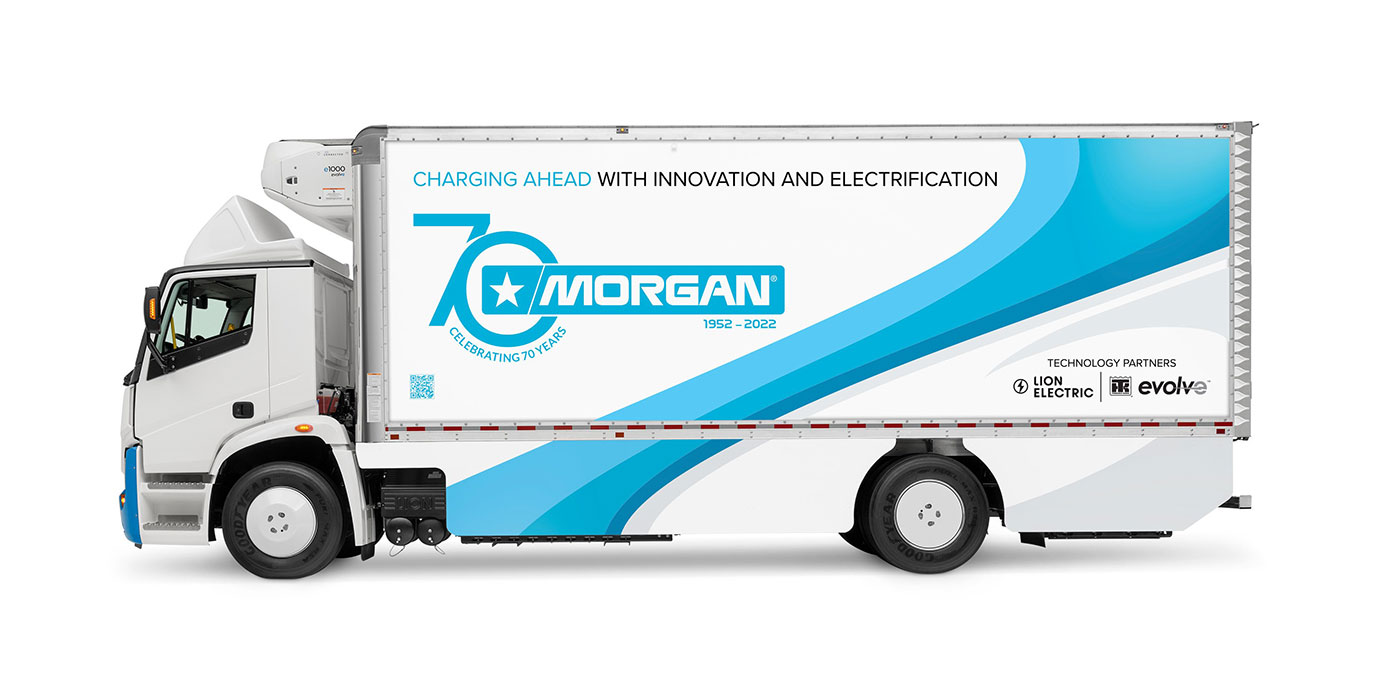
SAF-Holland details development of TRAKr e-axle for reefer applications
SAF-Holland has begun the market and product development phase of its trailer electric axles on real-world transportation applications for North America. The SAF TRAKr (or recuperative axle) is currently undergoing intensive testing around the world–with positive initial user experiences, the company noted during a press conference held during TMC 2022. First presented at the 2018
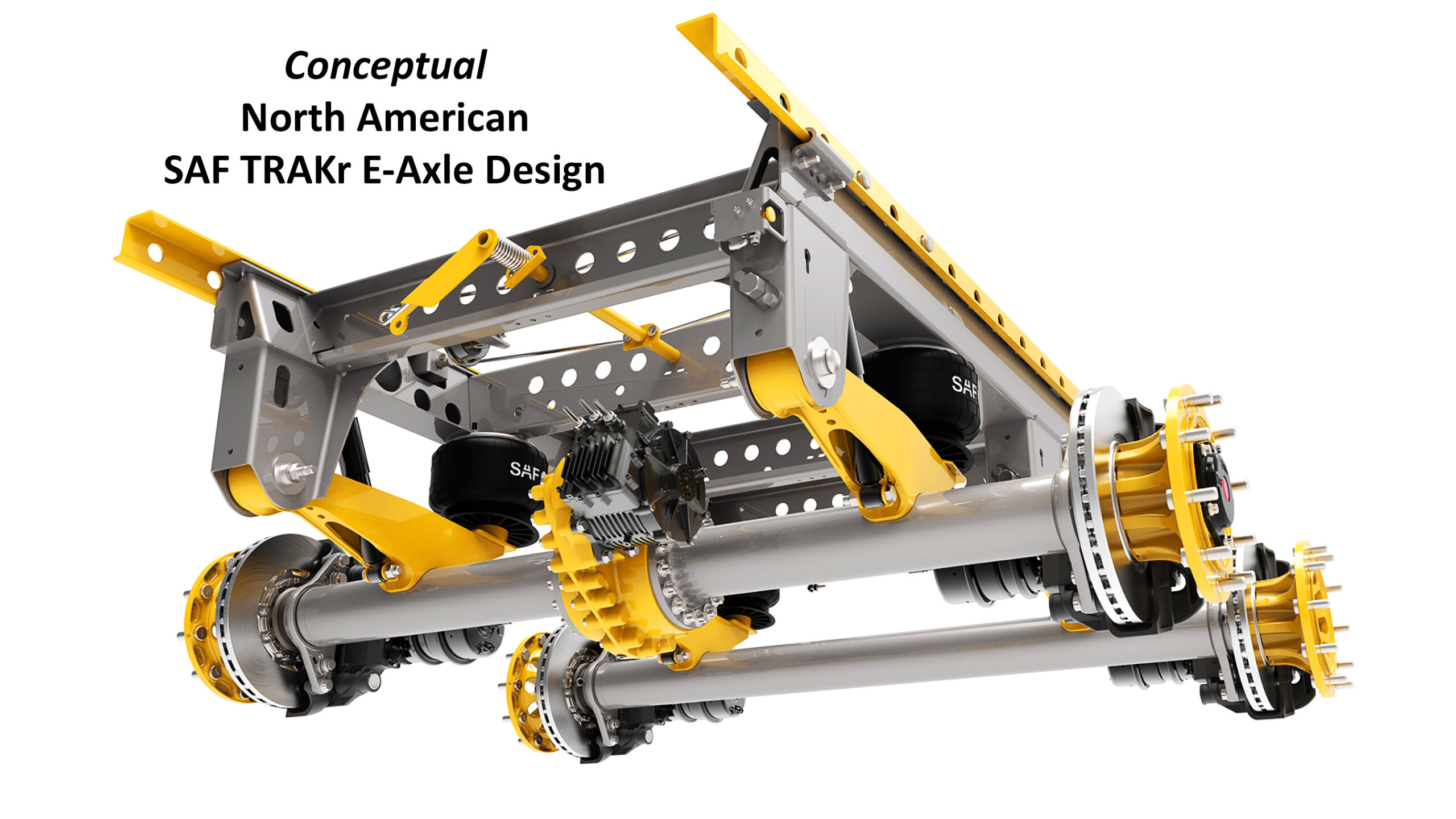
ConMet kicks off TMC with eMobility focus on refrigerated trailers
As the race to decrease emissions on transport refrigeration units (TRUs) is posing a major hurdle to commercial fleets, a zero-emission electric trailer is now available from ConMet eMobility that eliminates emissions, decreases noise, and reduces brake wear, the company noted at the TMC Fall Meeting held in Cleveland. The power behind the zero-emission trailer
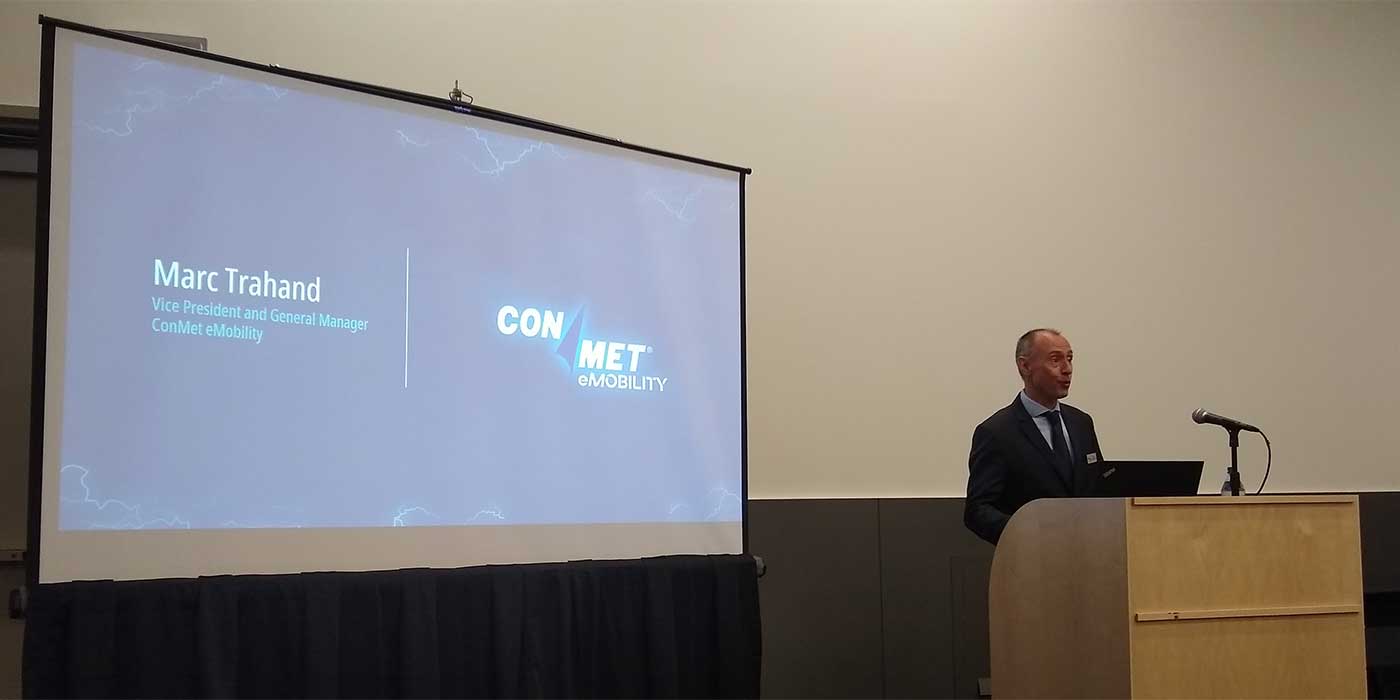
Carrier Transicold introduces BluEdge service platform
Carrier Transicold truck and trailer customers now have access to the BluEdge service platform, which is now fully available from Carrier Transicold’s dealer network across the U.S. and Canada. BluEdge offers three tiers of service, adding augmented capabilities when integrated with Carrier Transicold’s eSolutions monitoring system. Tier offerings include: Core – Supplements the original equipment
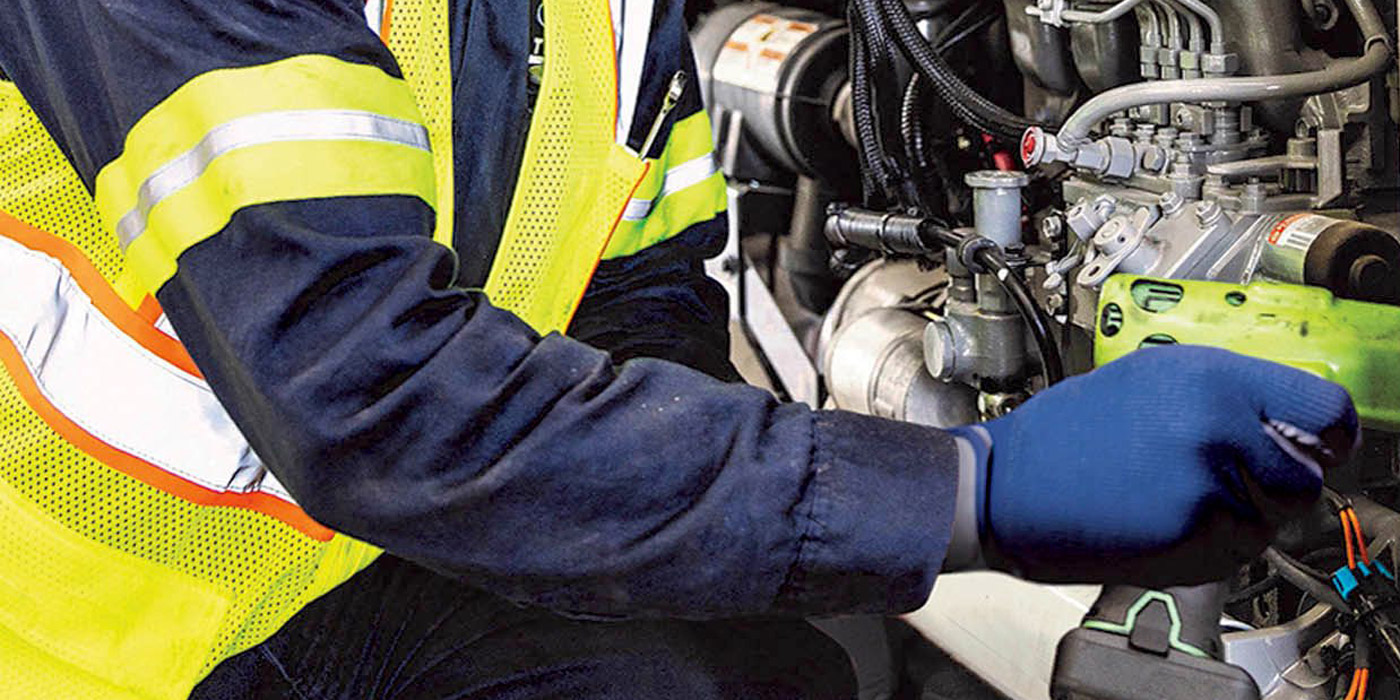
Thermo King, ELMS Partner on all-electric refrigerated delivery vehicle prototype
To meet the growing demands for sustainable delivery solutions, Electric Last Mile Inc. (ELMS) and Thermo King, a strategic brand of Trane Technologies plc, announced plans to build an all-electric refrigerated delivery vehicle. As part of the collaboration, Thermo King will integrate its E-200 all-electric refrigeration unit into the ELMS’ Urban Delivery electric vehicle. This
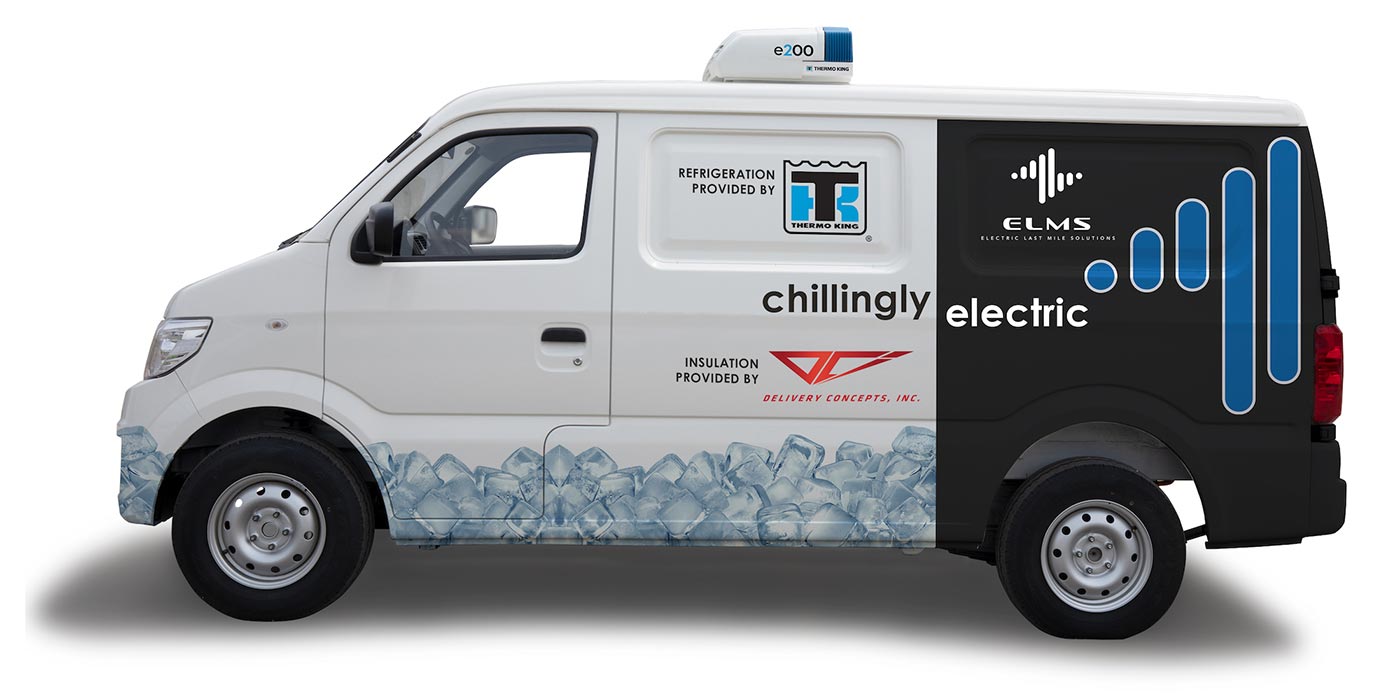
Hauling refrigerated goods in the winter
If you haul refrigerated products, keeping them cold in the summer is of obvious importance; but in the winter it gets tricky—because there is such a thing as too cold. “For optimal food quality as well as food safety, temperature control of perishable products is always important regardless of whether it’s hot or cold outside,”
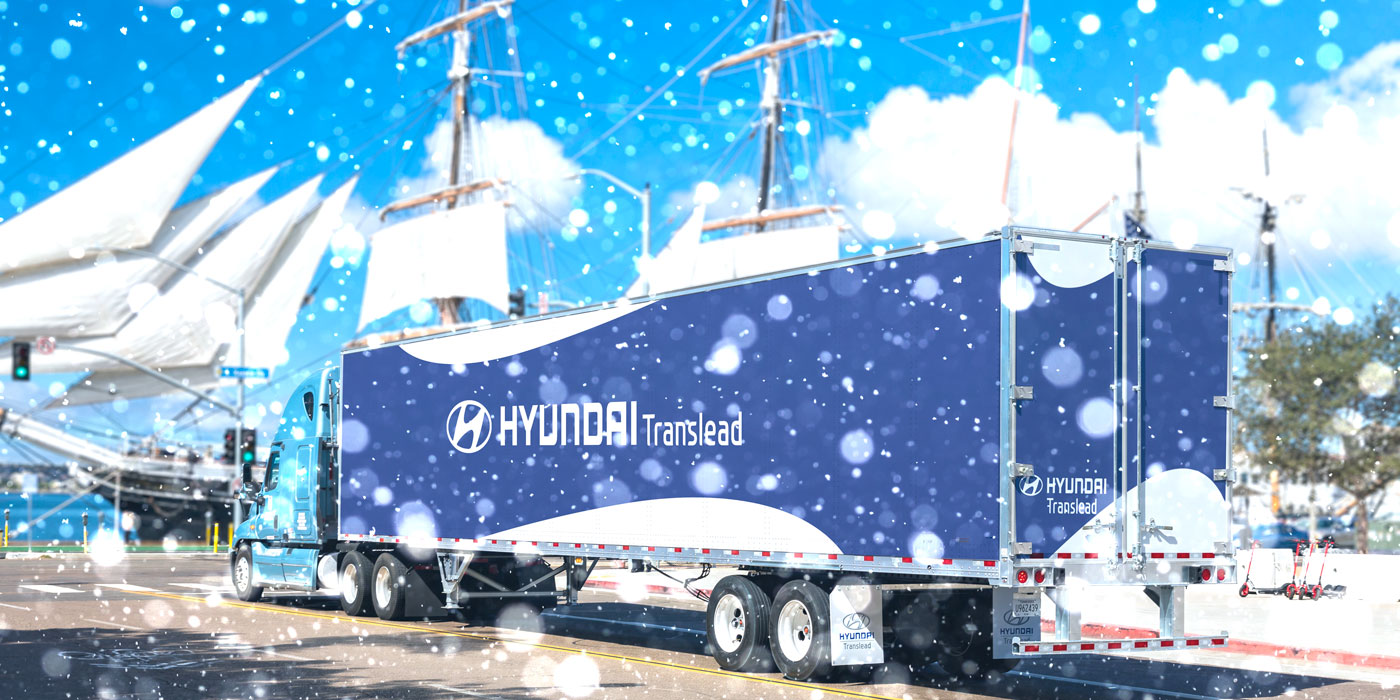
Tips for reefer unit maintenance in the winter
Reefers equipped with transport refrigeration units (TRU) come with their own winter maintenance checklist. In addition to those mentioned above, here are a few reefer- and TRU-specific tips. “It’s essential to get units checked out before the cold sets in to ensure that the system is operating at full capacity,” recommend Scott Koch and Freddy
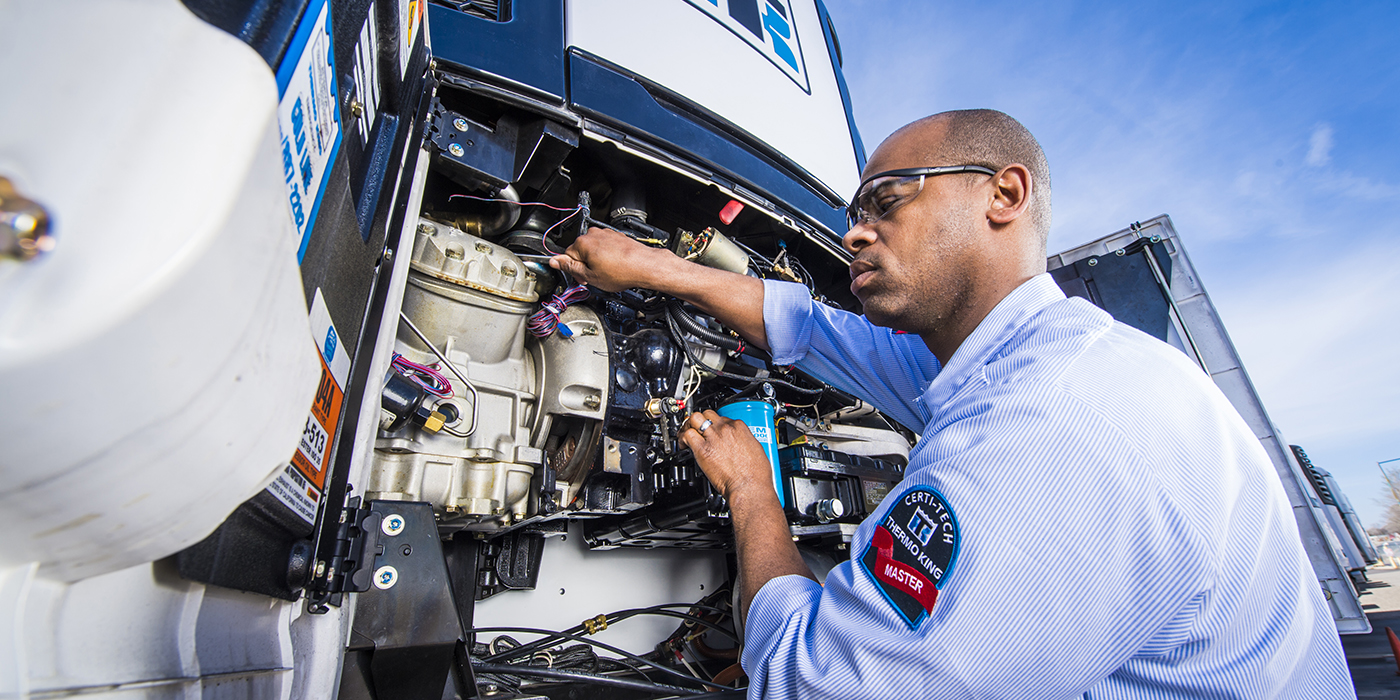
Plugging in to keep the cold stuff cold
460-volt power infrastructure is slowly making its way across the country, along with 120-volt power for cab conveniences.
Looking to the future of refrigerated transportation
Today’s technology helps fleets achieve higher levels of performance with lower total cost of ownership.
New TRU technology
Transport refrigeration units (TRUs) move toward higher efficiency and lower emissions to meet new regulations.
Tracking trailers and reefer temperatures
Always on the lookout for ways to improve efficiency and productivity, refrigerated carriers are increasingly turning to trailer tracking and refrigeration unit monitoring solutions.
